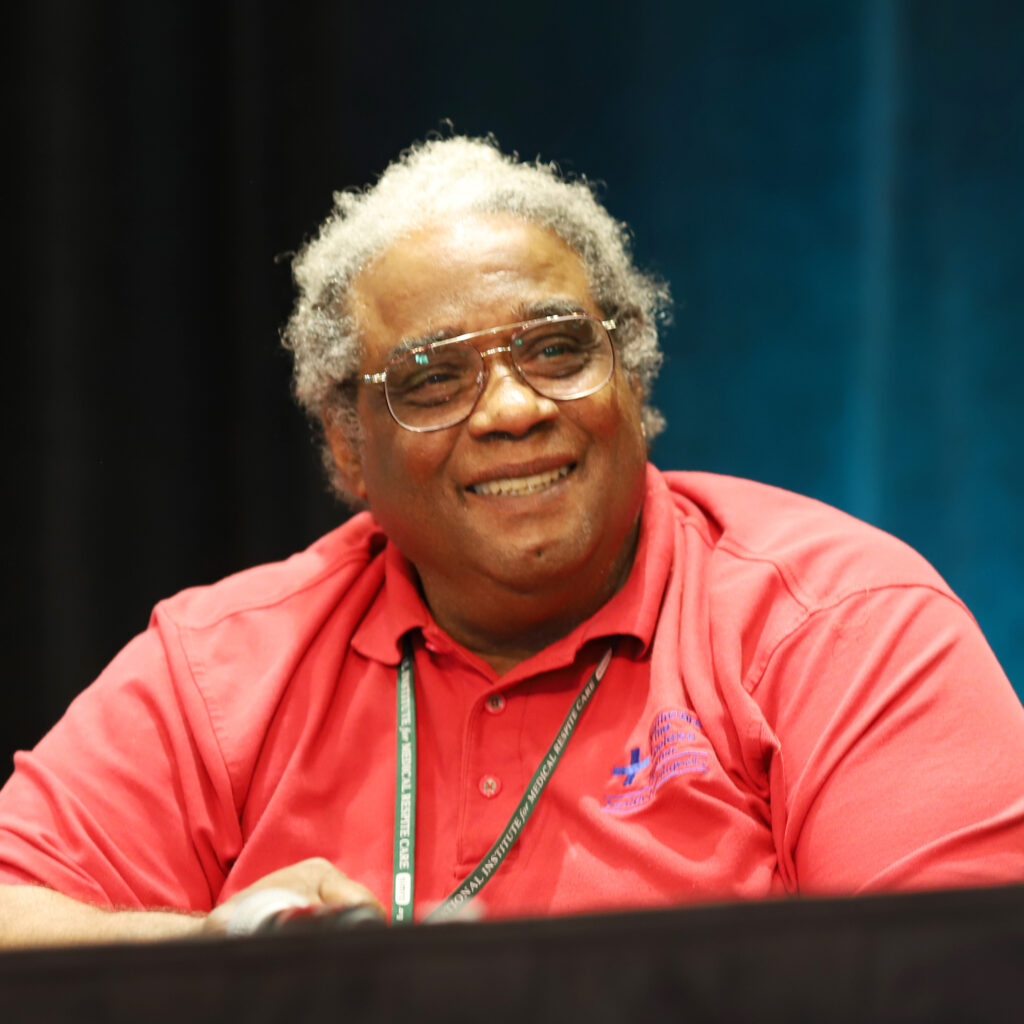By Barbara DiPietro, Senior Policy Director
As the HCH Community prepares its voter registration and voter turnout activities in the run-up to the Tuesday, Nov. 5, elections, three points are important to keep in mind:
The System is Working as Designed … by Those Who Voted
Social justice advocates often assert that the “system is broken” — but is it? For just about every issue — voting included — it seems the system is working exactly as it was designed. There’s no right to vote outlined in the Constitution or the Bill of Rights, and for a long time, you had to be a white, male landowner to vote. American history shows that attempts to broaden voting rights to anyone else (especially Black, Brown, female, and/or lower income voters) have brought significant opposition from those white male landowners (a long and shockingly violent history that exceeds this blog space to cover properly).
Now, even though all adult U.S. citizens have a right to vote (in theory), a myriad of laws have been passed—by those who vote—to keep people out and/or make it harder. This includes requirements to have:
- Official state identification
- A mailing address
- Proof of rent, homeownership, or utility service at an address
- Evidence of having lived in the community for a period of time
Further, most states prohibit people from voting if they have been incarcerated or been institutionalized. Other communities reduce the number of polling stations—or shift the locations—to create the confusion and long lines that lead people to abandon the effort. Then there’s the not-so-subtle threats of violence and voter intimidation that have always been present but now are becoming more common (in addition to many other underhanded tactics). Finally, a sizable portion of the general public is disillusioned so they don’t even try to vote.
This is all part of the plan to disenfranchise American voters— a plan that continues to be advanced by politicians who are voted into office by voters who continue to vote.
‘Nothing About Us Without Us!‘
Members of the Council’s National Consumer Advisory Board have a saying about inclusion in decision-making: “Nothing about us without us!” The outcome of elections in general—and the next one especially—directly impact the lives of those without housing. When folks don’t vote, public policy decisions are then made without their input. Unfortunately, only 1 in 10 homeless folks votes — and that’s a problem.I talked with two members of the HCH Community who are working on voter registration to increase the number of unhoused people who vote to learn more about their work. Here’s what they said:
Joseph Benson Jr. (aka “Cowboy”), Community Health Worker, Healthcare for the Homeless, Houston; President-elect of NHCHC’s Board of Directors


Most people think their vote doesn’t count, especially when voting for City Council or Commission members, but those people make the laws that have a direct effect on you right now. Our Consumer Advisory Board members are deputy voter registrars, and we set up a table at a local one-stop shop that serves breakfast and lunch and we do voter registration right there. In Texas, a voter registration card is a second form of ID, so it’s helpful to have. The City of Houston also provides free transportation to the polls, and they advertise that everywhere. There’s 3,300 people homeless downtown—if we want to stop homelessness from being criminalized, we can be a block of voters to change how government looks at us. The people most impacted are the ones who should push the solutions.”


Malcolm Williams, Senior Client Relations Manager, Health Care for the Homeless, Baltimore:
“People feel left out of society because they’ve been victimized by it so much. They feel their vote doesn’t count and lack trust in the political system. They also may not have this as a priority when they are in survival mode. Right now, I’m organizing registration events with our CAB members at all our program locations and for early voting in October, we’ll be offering transportation to the polls—both here in the City and up in the County. We need more folks voting because this is a way of taking power back. We have to explain that this impacts you and everyone around you—your family, friends, your community and the direction of the country itself.”
Voting is an Upstream Solution to Fixing our Democracy
So how do we take back power, especially when so many have been banned, alienated and/or harassed out of civic participation?
We must demand the power of the uninhibited vote to create the country we believe we deserve. Just like we demand health care and housing as human rights, we demand the right to vote as a civil right. If we object to unjust disenfranchisement, we need to leverage the power of our democracy and fight for it.This isn’t just about voter registration — this is about actual turnout to vote. The U.S. ranked 31st among nations in voter turnout — at 63% — even when registration itself was high. This means engaging our entire community in the struggle to educate folks about HOW they are being wronged, WHY voting is important to them and their lives, and WHAT they (and others) can do to re/claim their civil power at the ballot box.At the very least, one vote by an unhoused person likely cancels the vote of some billionaire!
Take Action
Conduct voter registration and turnout activities: Health centers (as well as all nonprofit organizations are encouraged to conduct voter registration and turnout activities! Use these great resources to plan your work:
National Coalition for the Homeless:
- You Don’t Need a Home to Vote
- 4 Steps for Encouraging a Reluctant Voter
- Can People Who Are Unhoused Vote?
National Association of Community Health Centers:
- Vot-ER Campaign (includes best practices for health centers and a legal FAQ (which makes clear that it is perfectly legal and appropriate for us to do this work)

